Humans
-
 Health & Medicine
Health & MedicineFor coughing up phlegm, water is key
Patients with diseases like cystic fibrosis get lungs filled with sticky mucus. Adding water could be the key to getting that phlegm out.
-
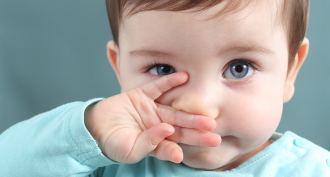 Health & Medicine
Health & MedicineExplainer: The benefits of phlegm, mucus and snot
There are many types of mucus in the body. They might seem gross, but these gloppy goos are the first line of defense against infection.
-
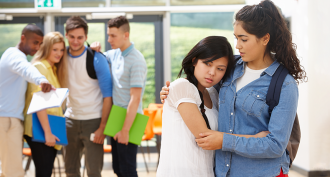 Health & Medicine
Health & MedicineFriendly adults help teens stand up against bullies
In the movies, kid heroes often intervene to stop bullies. What makes that happen in reality? A good family life and trustworthy teachers can help.
-
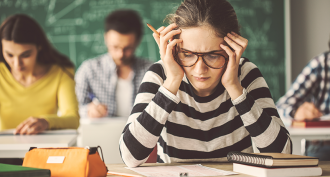 Psychology
PsychologyEasing test anxiety boosts science grades in low-income students
Giving lower-income students mental tools to cope with test anxiety boosted their science grades.
By Sujata Gupta -
 Health & Medicine
Health & MedicineThese researchers swallowed Legos for science
Parents rush to the hospital every day after their kids swallow toys. To calm their fears, six brave doctors swallowed Legos for science.
-
 Genetics
GeneticsExplainer: What are genes?
Genes are DNA regions that tell cells how to build proteins. But we have many more proteins than genes. And much of our DNA controls when genes turn on and off.
-
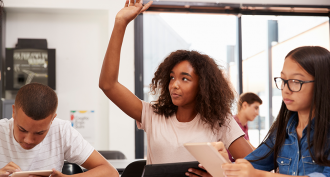 Health & Medicine
Health & MedicineLater school starts linked to better teen grades
A Seattle study confirms that later high school start times improve teens’ sleep and grades. Fitbit-like activity trackers provided the evidence.
-
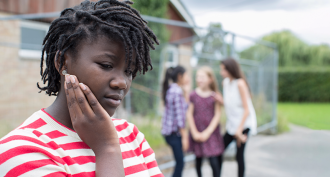 Science & Society
Science & SocietySchool bullying has risen in areas that supported Trump
Bullying rose in areas that favored Republican Donald Trump in the 2016 election for U.S. president. The new findings come from surveys of Virginia middle school students.
-
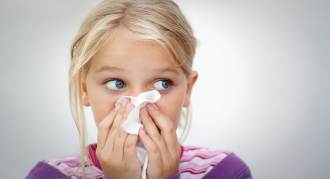 Health & Medicine
Health & MedicineSnot Science: Stopping the sneeze
In my previous study, I compared thick and thin snot. Now, I’ll find out if a tissue makes a difference in how far a sneeze spreads.
-
 Life
LifeScientists Say: Metabolism
Metabolism is all the chemical activities that support life in a cell, an organ and a whole organism’s body.
-
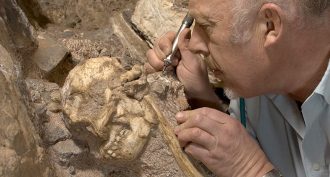 Fossils
FossilsA skeleton named ‘Little Foot’ causes big debate
New studies suggest a fossil hominid called Little Foot belongs to the species Australopithecus prometheus. Other scientists question whether such a species exists.
By Bruce Bower -
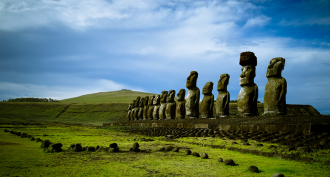 Archaeology
ArchaeologyRising seas threaten thousands of world cultural sites
Sea level rise threatens many thousands of cultural and archeological sites around the world.